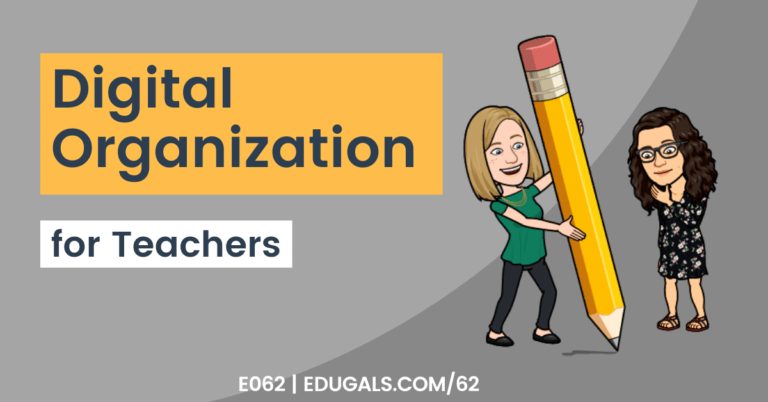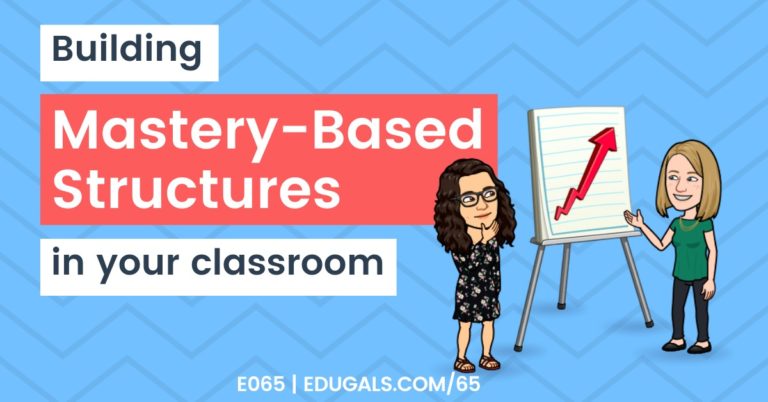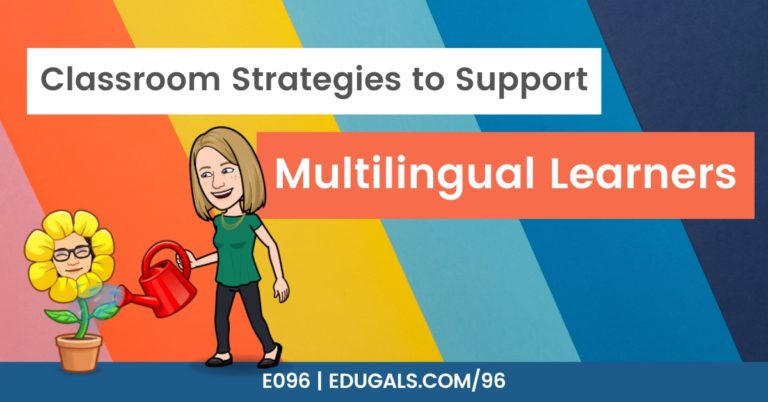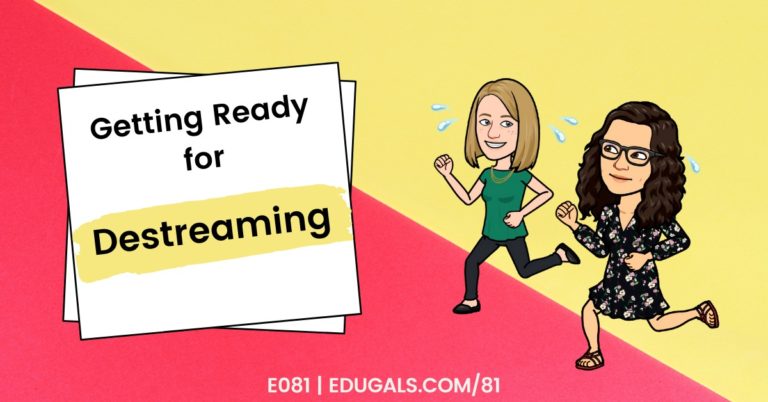[podcast_subscribe id=”7428″]
More detailed show notes are coming soon! We are a little delayed due to covid. . .
In the meantime, here is a quick overview of this week’s episode:
In this episode, we are chatting all about trauma-informed pedagogy. While we are not trauma certified ourselves, we have picked up several strategies and tips along the way to help support students who have experienced trauma.
If you like what you hear, we would love it if you could share this episode with a colleague or friend. And make sure you subscribe so that you don’t miss out on any new content! And consider supporting the show by buying us a coffee or two!
We would love to hear from you – leave a comment on our website OR check out our FLIPGRID!
Featured Content
**For detailed show notes, please visit our website at https://edugals.com/85**
Trauma is not an event itself, but the body’s protective response to an event or series of events that is experienced as harmful or life-threatening.
Resources Mentioned:
- Definition of Trauma
- Trauma-informed Pedagogy: What It Is and How It Can Help Now
- Understanding Trauma: Learning Brain vs. Survival Brain (YouTube)
- Simon Sinek’s Why Video – Long version and Short version
- Asset vs Deficit mindset – E080
- Switch: How to Change Things When Change is Hard by Chip Heath and Dan Heath
- Fierce Conversations by Susan Scott
Advice/Tips/Strategies:
- Getting to know ALL of your students
- Daily journals (ongoing dialogue between student and teacher)
- Google Chat thread with each of your students
- Exit or Entrance tickets – What’s on your mind? Anything bothering you? How can I support?
- Mastery-based teaching and learning approaches free up your time to connect with students
- Behaviour usually has a reason behind it (it’s not about defiance)
- Provide materials for class ahead of time (allows students to process on their own time)
- Current events can be triggering for students
- Lots of parallels with UDL (Universal Design for Learning)
- Don’t have pity on your students – slippery slope away from high expectations, not culturally responsive
- Make sure pity is not affecting your grading
- Explain your why of your lesson (why to how to what instead of what to how to why)
- There are lots of great lessons from the business world
- Involve parents in your school community
- Connecting face-to-face is more powerful than a Google meet or email
- Use the professionals in the building (social workers, youth settlement workers, other services and supports)
- Beware of teacher burnout and find strategies for self-care
Support the show (https://www.buymeacoffee.com/edugals)





